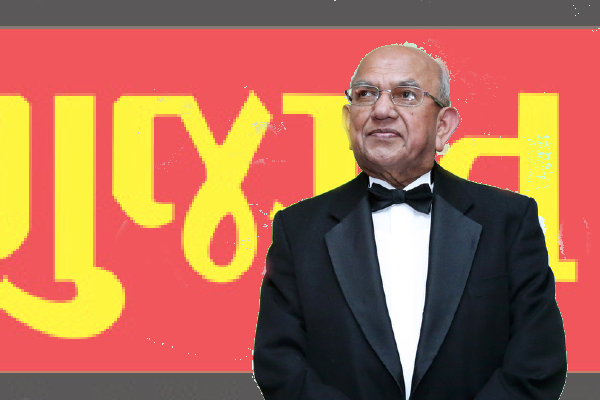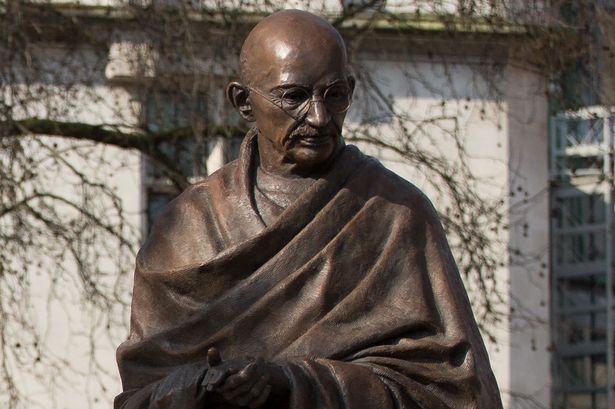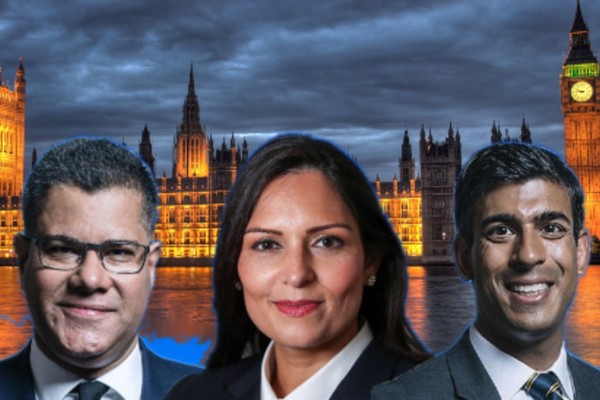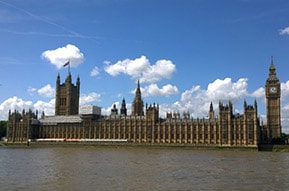Government backing off caste legislation
After years of debacle, political scrutiny, community disharmony and blame from all sides, Theresa May’s government has finally decided to ditch the caste legislation.
After months of consultation, the government will no longer include caste as an aspect of race in the Equalities Legislation. The government pointed out that with the extremely low level of cases involved and the controversial nature of introducing it, that the least worst option was to let it fizzle away.
The government’s response to an in depth consultation led to the difficulty in defining caste in legislation, the importance of trying to avoid enhanced friction between different groups, and the difficulty in differentiating caste from social class (and hence trying to avoid the inclusion of social class as a protected characteristic). The Government Equalities Office said it would rely instead on 'emerging case-law as developed by courts and tribunals' to tackle the issue.
“Having given careful and detailed consideration to the findings of the consultation, the government believes that the best way to provide the necessary protection against unlawful discrimination because of unlawful discrimination because of caste is by relying on emerging case laws developed by courts and tribunals,” the Equalities Office stated in its conclusion release.
“We were not persuaded by the argument that introducing explicit legislation into domestic law was the most appropriate and proportionate way to provide the necessary legal protection against discrimination because of caste,” it stated.
The decision was welcomed by Trupti Patel, President of the Hindu Forum of Britain, which campaigned heavily on the issue alongside the National Council of Hindu Temples (U.K.), arguing that the legislation would be unnecessary and discriminatory “to us and our future generations”. However, the Anti-Caste Discrimination Alliance said it was outraged at the decision and CasteWatch UK accused the government of caving in to the demands of anti-law lobby and for political reasons with an eye on votes. The Labour Party had been in support of the legislation.









































